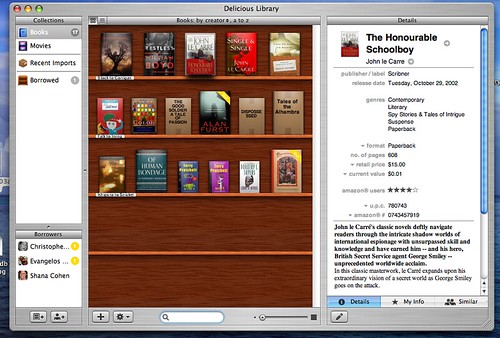Reading Matters is one of those events that one always hears the best things about. It is a youth literature conference for professionals and young people organised by the Victorian
Centre for Youth Literature. They get an amazing range of YA authors together each year, and this year I heard great things about
David Levithan's contribution.
The good news is that there is now a ten minute podcast of Levithan from a panel called
"Let's Talk About Sex". He is asking us to vanquish those voices in our heads telling us what our bosses, parents and others might think of the books we put in our libraries. His reflections on the Australian YA literature environment are interesting as is his no nonsense attitude to that last "acceptable prejudice", homophobia. As
Read Alert says:
It’s a moving, provocative and inspiring talk about getting the right books to the teens who really need them........ And you need to do more than hear it. You need to copy it, you need to put it on your blog, you need to tell people about it, talk about it, think about it. It has a Creative Commons license, so use it as you will.
Listen and share:
David Levithan:Kill the VampiresIt is also worth mentioning a review of Levithan's
Boy Meets Boy by Chris Wheat in
Viewpoint, Vol 13, No 3, Spring 2005 (links to the journal but not the article). More than a review, this is a heartfelt plea for this book to be in your library.








